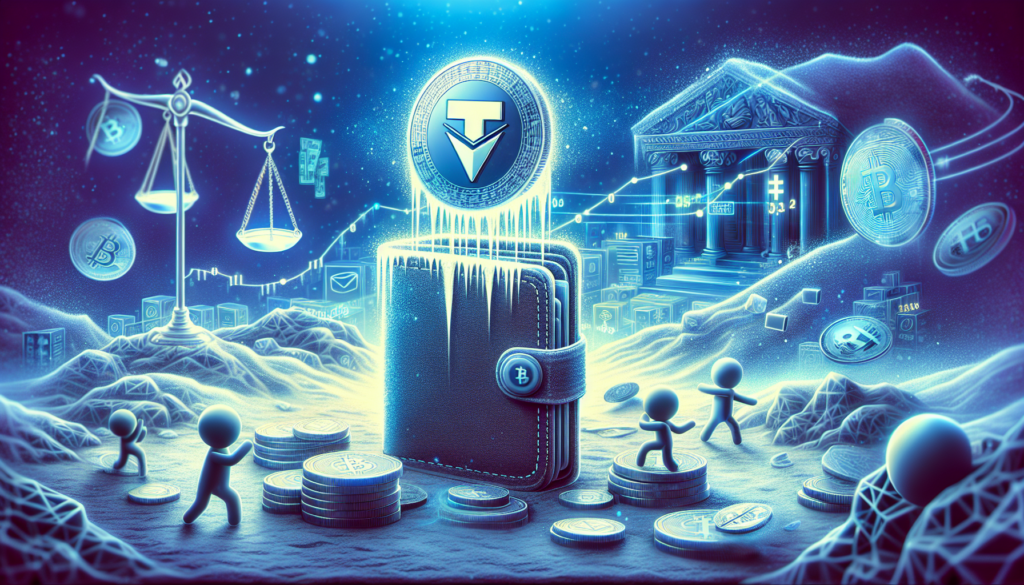
Tether, the company behind the stablecoin of the same name, is heightening measures to align with regulatory compliance by embarking on a new voluntary policy for freezing wallets. This latest development arrives as the firm focuses on sustaining cooperation with law enforcement agencies and other regulatory bodies.
Starting from the beginning of December, Tether has expanded its market controls into the secondary territory. This expansion has instigated freezes on transaction activities linked with individuals found on the United States Office of Foreign Assets Control (OFAC) Specially Designated Nationals (SDN) List. The list comprises companies and persons related to or controlled by sanctioned nations.
Tether describes this policy as a enhancement to existing safety measures, outlining it as a proactive initiative aimed at reinforcing relationships with global regulators and law enforcement bodies. This move turns up as a response to the U.S. Department of the Treasury’s application of the list to curtail crypto transactions that may have links to unlawful ventures such as funding terrorism or unlawful fentanyl drug distributions.
This wallet freeze by Tether, however, deviates from the firm’s previous stance on the matter. In August 2022, Tether stated it would not actively freeze sanctioned Tornado Cash addresses unless ordered by law enforcement agencies. The OFAC notes that over $7 billion in cryptocurrency has been laundered through Tornado Cash by individuals and criminal organizations since 2019.
In a statement, Tether’s CEO Paolo Ardoino commented that by “voluntarily freezing wallet addresses of new additions to the SDN List, along with freezing already added addresses, we can significantly improve the usage of stablecoin technology and cultivate a safer stablecoin ecosystem for all users.”
Tether’s market capitalization has surged in recent months despite increased scrutiny on cryptocurrency firms. The Hong Kong-based company’s stablecoin currently boasts a market cap of $90 billion and accounts for nearly 70% of the stablecoin market.